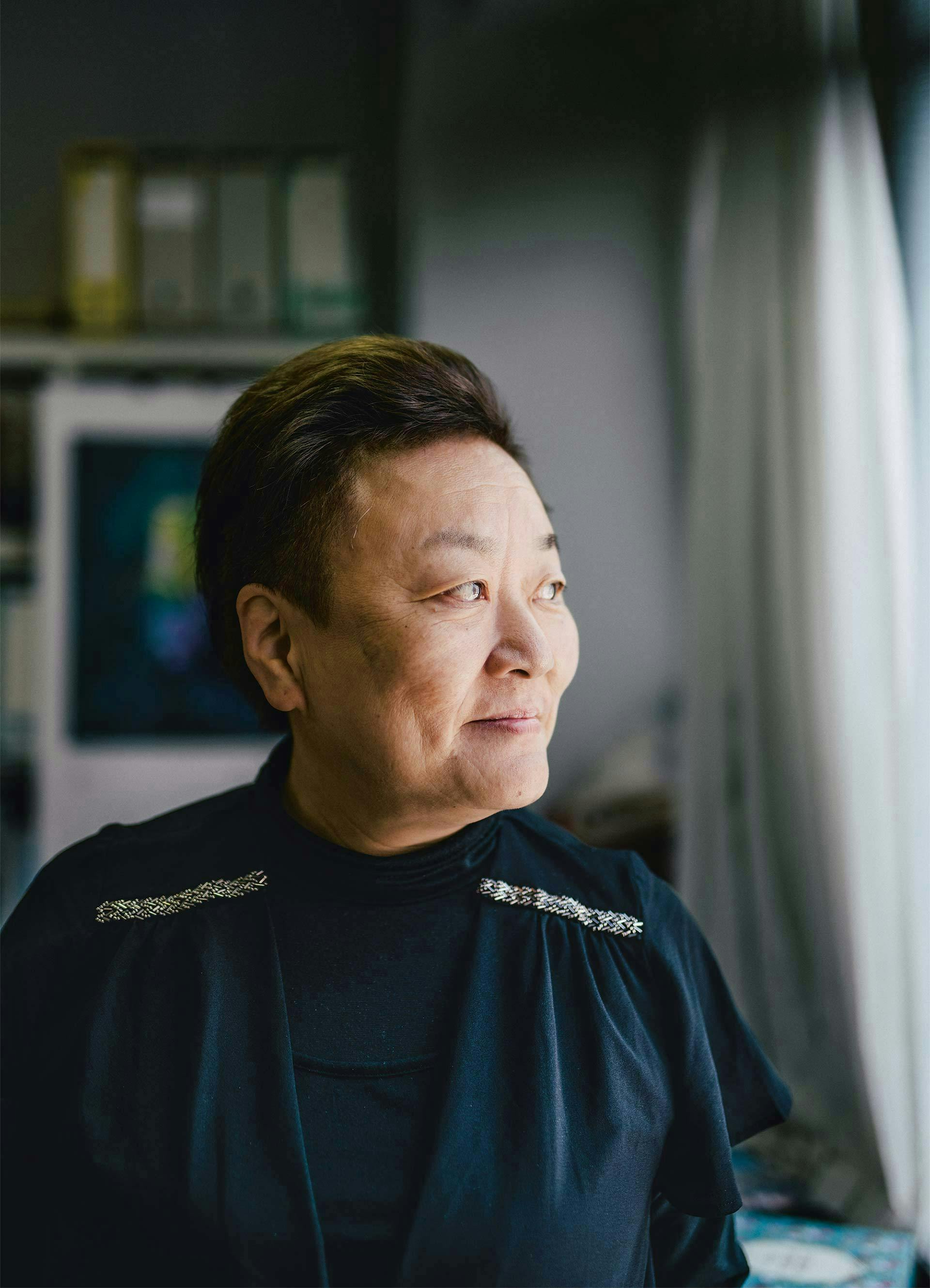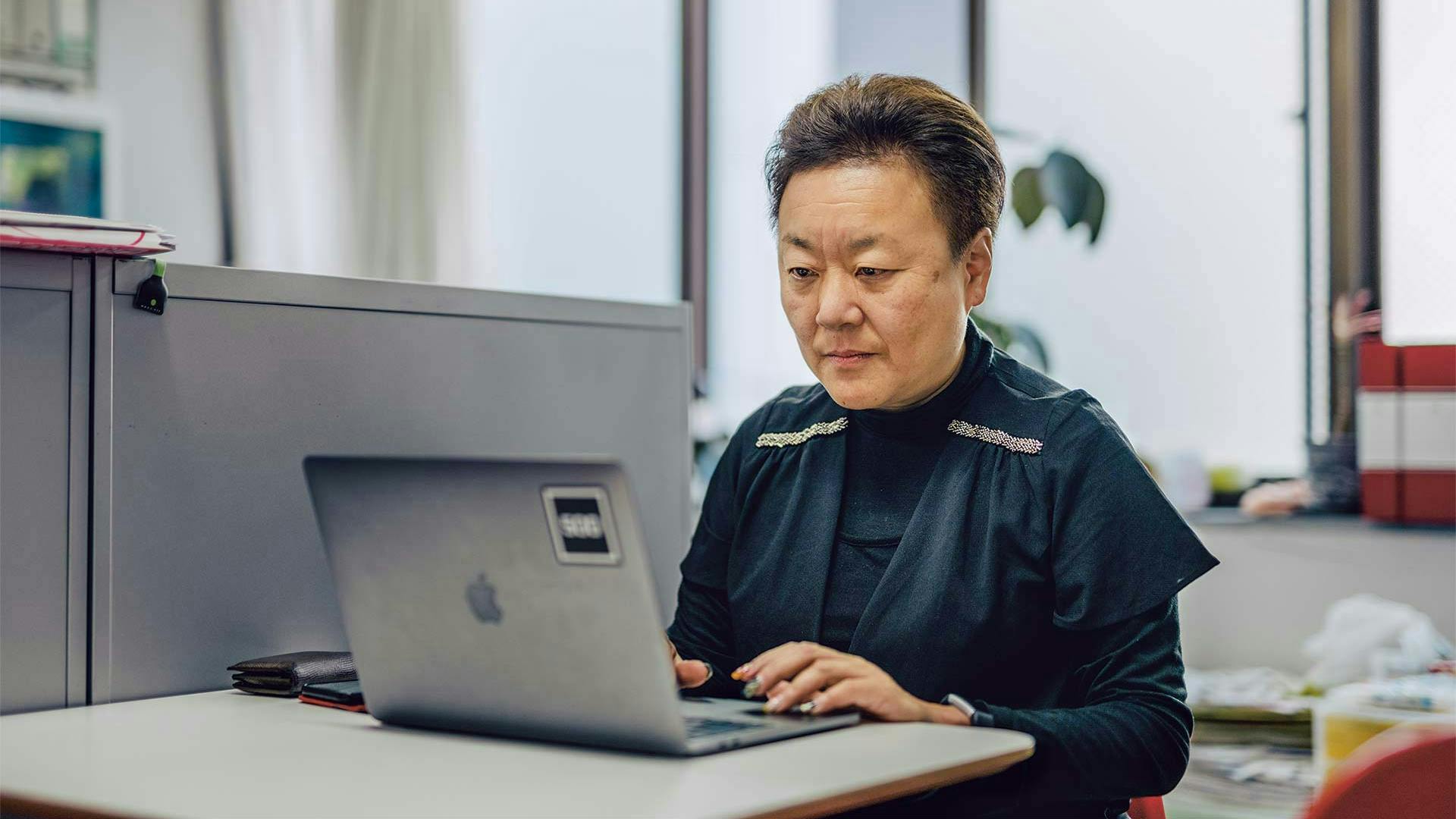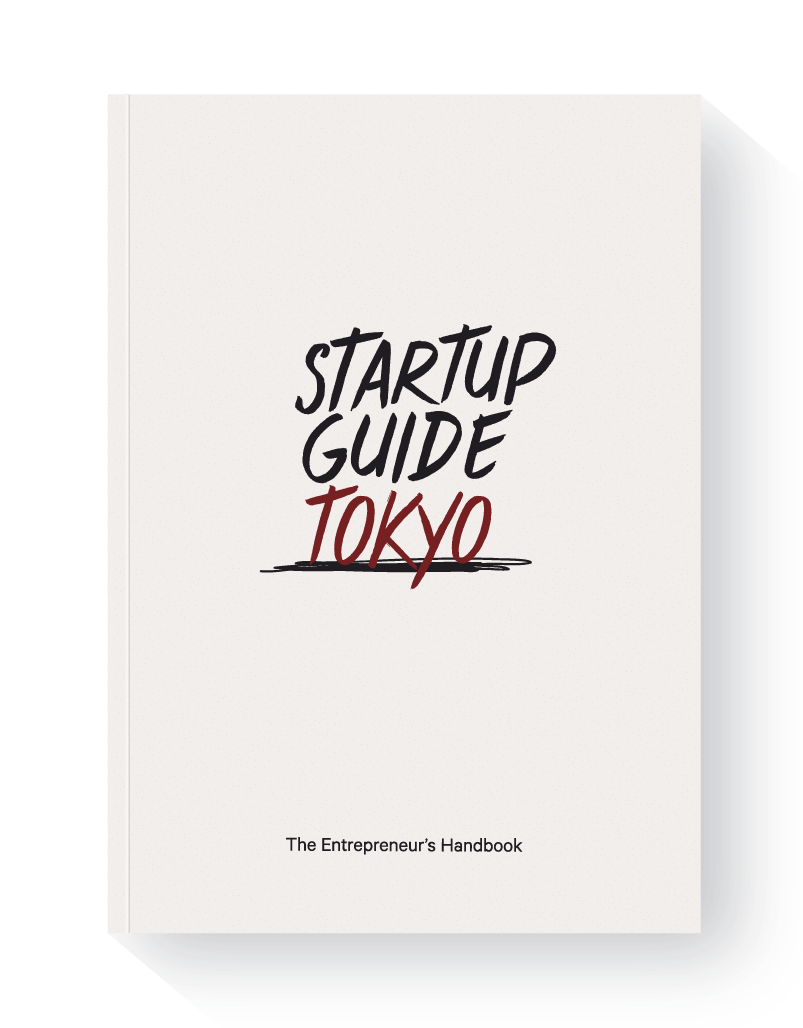Find out how Yuki Ito went from a pioneer programmer to a founder of Zest
Three decades ago, Japan's work culture was very different. At twenty-five, Yuki Ito was a talented programmer and but she worked at a Japanese company where women weren’t allowed to speak with customers. She decided to take a chance and try something new.
Yuki had planned to work alone for a few years and build on her skills before working for a company again. But through word of mouth and due to her precocious abilities, she was soon in high demand. That’s where her current company, Zest, began and more than 20 years later, it’s still going strong.
Zest has helped the Japanese government and the largest gas utility in Japan double their productivity, with the government able to carry out 20,000 building inspections, up from 10,000, which could save lives in a country susceptible to earthquakes.
What was your entrepreneurial path?
My journey started when I was twenty-five years old. I was working at a computer company, and at that time [in Japan], women were not allowed to speak with customers directly. However, I knew how to program, and I really loved it, so I decided that I should work on my own and try to talk with potential customers directly.
I knew that I could solve their problems, and I wanted to use my talent and see happy faces when I solved problems that no one else could.

That hasn’t changed. To this day, I still focus on things that no one else can do. It was a long journey – it’s been over thirty years since then. It was very difficult and I failed many times. Sometimes I thought I was going to die.
Because of that experience, I believe that every person’s talent should be maximized. That’s what my product and service is all about.
When I talk about schedule optimization, it means that schedule coordinators will maximize their potential. Field service workers won’t have to spend a long time in traffic jams and can maximize their time as well.
This is something that is deeply personal for me. As someone who was not allowed to touch a computer, I know what it’s like to be prevented from doing what you’re really good at.
I knew that I could solve their problems, and I wanted to use my talent and see happy faces when I solved problems that no one else could
What early struggles did you face, and how did you overcome them?
There were so many challenges. Everything was a learning process. Sometimes, I wasn’t sure if I could make it to the next day.It wasn’t usually one thing at a time. I typically had three or four large problems at once. This might have overwhelmed most people, but I was OK. Taking on ten problems simultaneously is what would make me want to give up.
However, over time, I realized that I had customers who depended on me. Because of that, I decided that I would run the business until I die. Having customers that would suffer if I quit is what kept me going.
Yuki said in the early 2000s, everything at the company started to go wrong. All her employees left. She lost everything.
Yuki realised that for the past decade, she had been doing what other people wanted, so now she was going to work on what made her happy.
“When I refocused, I just tried to find something that made me smile again. That didn’t make any money at first, but I was happy, and the business started recovering within two years.”
What was your most significant mistake?
It’s difficult to say, and I’m ashamed to admit this, but I was not good at delegating or assigning work to other people.
If I had built the right team from the beginning, everything could have been really different. I didn’t depend on anybody, and I tried to solve everything on my own.
The more I did, the better I got, but that doesn’t mean that the company improved. A company doesn’t get better just because you get better. You need a strong team. It’s still a challenge to find the right people, and I’ve failed at doing this many times. However, these days, I’m doing much better than before.
A company doesn’t get better just because you get better. You need a strong team.
What was the best decision that you ever made?
Every time I did something different from what the people around me were suggesting, it turned out to be a success. For example, during the early days of Zest, working as a subcontractor for large IT firms was popular. Unfortunately, this meant that you often had to work with bad companies, ones that practised gender discrimination, for example.
So, we stopped subcontracting and started working directly with our clients. At the time, everyone was saying that this was a huge mistake since being a subcontractor for a large firm was a coveted position. However, when the tech bubble burst, a lot of these subcontracting companies went down with the larger companies they were associated with.
Deploying temporary workers was also a major industry trend. For example, a company would dispatch ten people to a client, but only one of those people would be a real engineer.Eventually, the bubble burst and all of those extra “engineers” disappeared and clients were left with unsolved problems. This is when I could step in and focus on actually solving their problems.
The fascinating thing about these decisions is that I didn’t know if they were the right ones until more than a decade after I made them.
If you could do it all over again, with the knowledge that you have now, what would you have done differently?
I would focus on building a team first and focus on the product and customer after that. I focused so much on customer service. People who have worked for me still laugh and say, “You take care of your customers so much, but you don’t look inside your company.” Thankfully, they see that as one of my good points, and they know that I shouldn’t focus too much on the company, because then I’ll lose my focus on the customer. That doesn’t stop them from teasing me, though.
I understand that I should have a partner who is really interested in the internal aspects of the company and who understands our passion and mission.
What advice do you have for early-stage founders?
Running a business is like surfing. When you first start out, even the little waves knock you down, right? But sometimes, you get hit by a wave that’s a little bit larger, and you don’t know what’s up or down anymore. You’re really mixed up, and you don’t know if you’ll make it back to the surface. It’s a really terrible experience, but, eventually, you will float.
After you recover, you learn something. You thought that was a big wave, but now, you’re always riding that wave. Then, you hit an even larger wave. Over time, you figure out that although each wave is a little larger and more painful, none of them kill you.
What do you love about working in Tokyo?
I have the same answer for this as my father would. He lived in New York. He said, “With every building I move to, I can go to a different country. I don’t have to travel a lot to see all of the countries of the world. I can talk with people from all around the world on this small island of Manhattan.”
I feel the same thing in Tokyo. I really love Tokyo because I can get connected to most of the people that I really want to engage with.
All photos: Said Karlsson / Startup Guide Tokyo
This interview was originally published in Startup Guide Tokyo. Want to learn more about Japan's leading ecosystem? Order your copy now.

